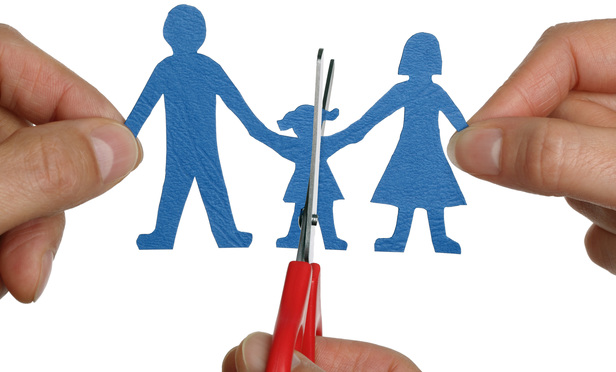Most people in New Jersey assume “child support” is referred to as such for a reason, i.e., that legal adults are no longer entitled to receive financial support and that a parent’s obligation to pay automatically terminates once their child reaches a certain age. Unfortunately for those parents paying child support in this state, that is simply not the case. Frequently, parents continue to pay support long after the child has reached the age of emancipation, or they resort to self-help by simply terminating child support payments without obtaining the appropriate court order. Thankfully, the New Jersey legislature recognized this problem, and in 2016 passed a law in hopes of rectifying the issue. The new statute goes into effect Feb. 1, 2017, and will impact all current child support awards, making it an important change for practitioners to be aware of.
The previous law in New Jersey allowed for emancipation upon the child’s marriage, entry into the armed services, graduation from high school without continuing on post-secondary education, or upon completion of post-secondary school. In any of these circumstances, a paying parent wishing to terminate his or her child support obligation needed to either obtain the consent of the other parent, or file an application with the court. In other words, the procedure for termination placed the initial burden on the person paying the child support. This was somewhat counterintuitive, since most of the information regarding a child’s education and employment status is often only in the hands of the custodial parent. For example, a person paying child support may suspect his or her child has graduated from college and file an application with the court to terminate support—only to learn (upon receiving opposition to that motion) that his or her child is actually continuing full-time college for a fifth year.



